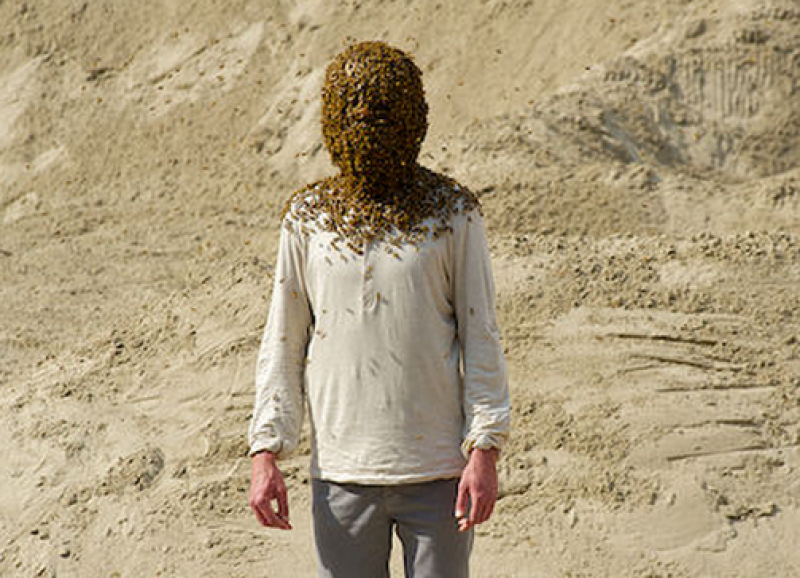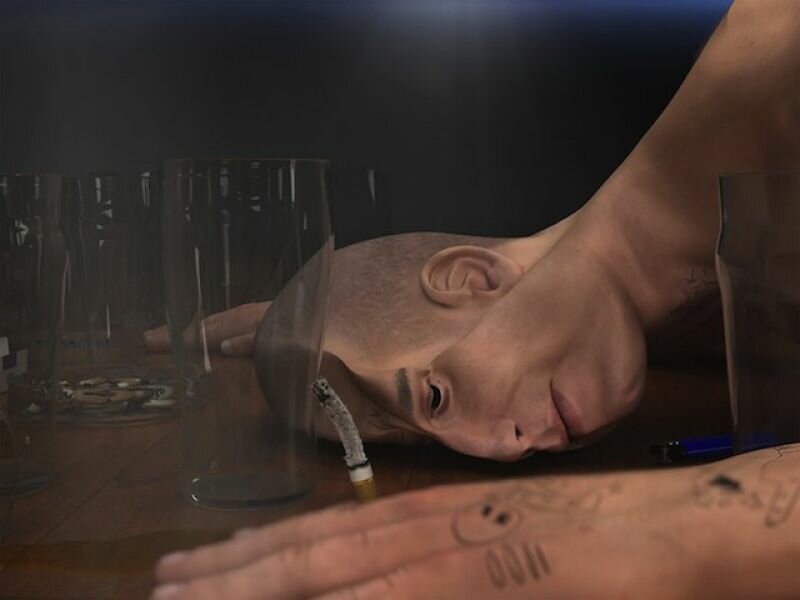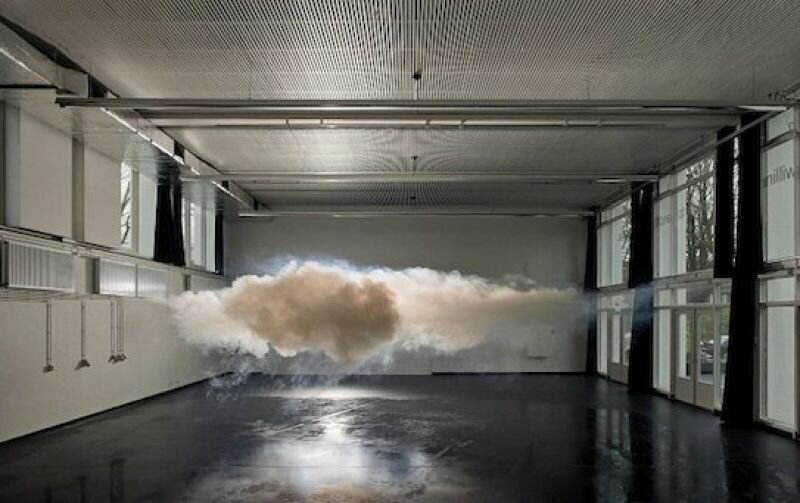Rozemund Uljée kicks off the Studium Generale programme with a lecture on how two great thinkers have defined reality - referring to past ideas that changed the way reality is conceived.

Part I: Plato’s unchanging realm of the real
The starting point is situated with Plato, the father of modern western philosophy. Firstly, Rozemund will give us an idea of his vision on ‘the real’ and his legacy. Plato can be seen as the first representative of the idea that we can only access ‘the real’ through reason. Plato asked himself how we come to a universal understanding of existence, from all our sensory encounters. Plato makes a distinction between the phenomenal world- perceived with our senses - and the world of ideas.
Furthermore, the latter constitutes the underlying structure of the phenomenal world, and should be seen as the true reality. For him the phenomenal world is not reliable because it is the perception of our senses, and thus fleeting: things that come into existence, then pass away. Plato tells us that whereas with our senses we perceive elements as beautiful, justified and good, it is only through reason that we can have an idea of Beauty, Justice or the Good itself. This should be seen as the explanation of Plato’s negative attitude towards art. Since it is a mere imitation of the realm of ideas, art is a copy of a copy - and thus of secondary value.

Part II: Why art can't do without Nietzsche
Since Nietzsche, the idea of the privileged place of reason in order to find ‘the real’ has been questioned most radically. Nietzsche was a pioneer, who paved the way for the end of a higher world order like Plato’s that informs our reality. Famously declaring ‘God is dead’, it is Nietzsche’s view that there is no such thing as a higher reality and that the reality we live in is the only reality that does exist. He states: ‘To recognize another world is to deny life itself’. This is the reason why Nietzsche is so interested in Nihilism – the realisation that reality doesn’t know a higher meaning and value. In this sense, in constructing a dualist worldview where objective knowledge is possible, Platonism and subsequent philosophies (including Christianity) serve as an antidote to a primal and original form of nihilism in the world – as the despair of meaninglessness of reality. This saying ‘no’ to a higher reality is an important part of what Nietzsche calls a ‘re-evaluation of all values.’
Denying a ‘higher’ reality constitutes a turn toward our physical, material, chaotic and finite world. This results in a situation in which man does not let himself be governed by a reality better than his own, but instead is granted the possibility to create it himself – to create meaning within reality itself. This liberation is regarded by Nietzsche to enable different perspectives with which we can look at the truth.

Nimbus II, 2012, Cloud in room, Berndnaut Smilde
‘’We might think of truth as of a sculpture: by looking at it from only one side, we don’t understand or appreciate the whole sculpture. Only by walking around it and looking at it from all different angles can we properly appreciate it. People like Plato, who offer an access route to reality through Reason, say: “there is only one truth and it must be looked at in this way.” Such an insistence paralyzes our understanding and makes it impossible for us to be free.’’ Nietzsche calls those who do not restrict themselves to only one specific reality perspective the ‘free spirits’ – and these are for him ‘The Artist’.
He says: ‘Art is worth more than truth. Art nothing but art! It is the great means of making life possible, the great seduction of life, the great stimulant to life. Art is the only superior counterpart to the will to life-negation.’
Transcription Afra Marciel